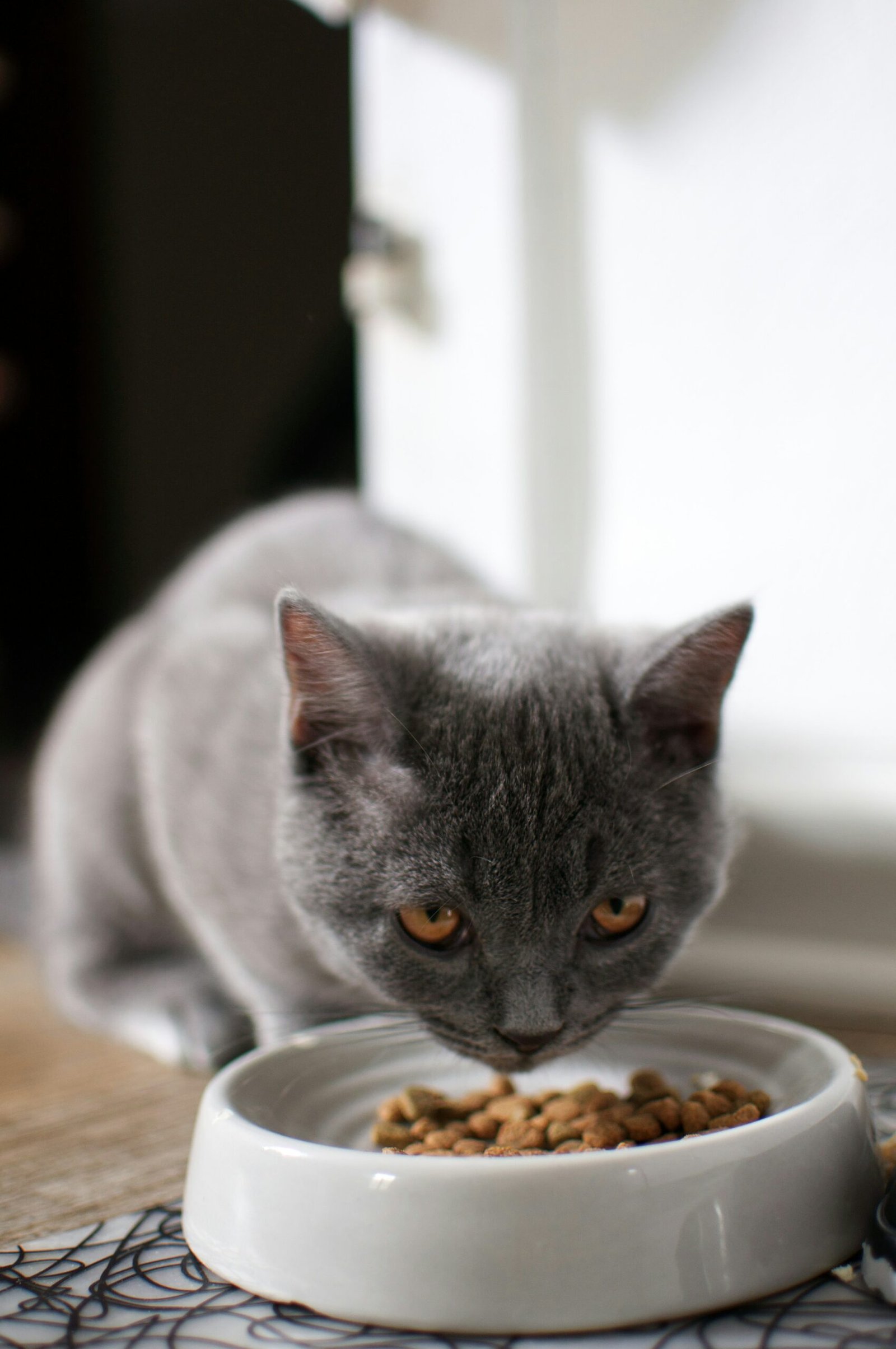Understanding Your Cat’s Nutritional Needs
Cats are unique creatures with specific dietary requirements essential for their overall health and well-being. As obligate carnivores, their nutritional needs differ significantly from other animals, necessitating a diet rich in animal-based proteins and certain nutrients. Understanding these requirements is paramount for cat owners to ensure their feline companions lead healthy and fulfilling lives.
Key Nutritional Requirements
- Protein: Protein is a crucial component of a cat’s diet, providing essential amino acids necessary for various bodily functions, including muscle maintenance, immune support, and energy production. Cats require higher protein levels compared to many other animals due to their carnivorous nature. High-quality animal-based proteins, such as chicken, turkey, and fish, are ideal sources for meeting this requirement.
- Taurine: Taurine is an amino acid essential for cats as they cannot synthesize it in sufficient amounts on their own. It plays a vital role in maintaining healthy eyesight, heart function, and reproductive health. Commercial cat foods are fortified with taurine to ensure cats receive an adequate supply in their diet.
- Fatty Acids: Omega-3 and omega-6 fatty acids are vital for maintaining healthy skin and coat, as well as supporting cognitive function and reducing inflammation. Sources of these fatty acids include fish oil, flaxseed, and canola oil. Incorporating these into a cat’s diet can promote overall well-being and longevity.
- Water: Proper hydration is essential for cats to support kidney function, regulate body temperature, and facilitate digestion. Since cats have a relatively low thirst drive, feeding them wet or moistened food can help increase their water intake. Additionally, providing access to fresh, clean water at all times is crucial for preventing dehydration.
- Vitamins and Minerals: Cats require specific vitamins and minerals to maintain optimal health. These include vitamin A for vision, vitamin D for bone health, and calcium for skeletal strength. Minerals such as magnesium, potassium, and phosphorus are also vital for various physiological functions. Commercial cat foods are formulated to provide these nutrients in appropriate amounts.
Understanding Cat Food Labels
Reading and understanding cat food labels is essential for ensuring that your cat’s nutritional needs are met. Look for labels that indicate the food meets the Association of American Feed Control Officials (AAFCO) nutritional standards. Ingredients are listed in descending order by weight, so prioritize foods with high-quality protein sources at the top of the list. Avoid foods containing fillers, artificial additives, and excessive carbohydrates.
Consulting with a Veterinarian
While understanding the basics of a cat’s nutritional needs is important, every cat is unique, and their dietary requirements may vary based on factors such as age, weight, activity level, and any underlying health conditions. Therefore, consulting with a veterinarian is highly recommended to develop a nutrition plan tailored to your cat’s specific needs.
Conclusion
Understanding your cat’s nutritional needs is fundamental to providing them with a balanced and nutritious diet essential for their overall health and longevity. By prioritizing high-quality protein, essential nutrients, and proper hydration, cat owners can ensure their feline companions thrive. Remember to consult with a veterinarian to address any specific dietary concerns and to provide the best possible care for your cat.
References
- National Research Council (US) Subcommittee on Cat and Cat Food. “Nutrient Requirements of Cats.” National Academies Press, 1986.
- Case, Linda P., et al. “Canine and Feline Nutrition: A Resource for Companion Animal Professionals.” Mosby, 2010.
- Association of American Feed Control Officials (AAFCO). “Official Publication.” Association of American Feed Control Officials, 2020.
